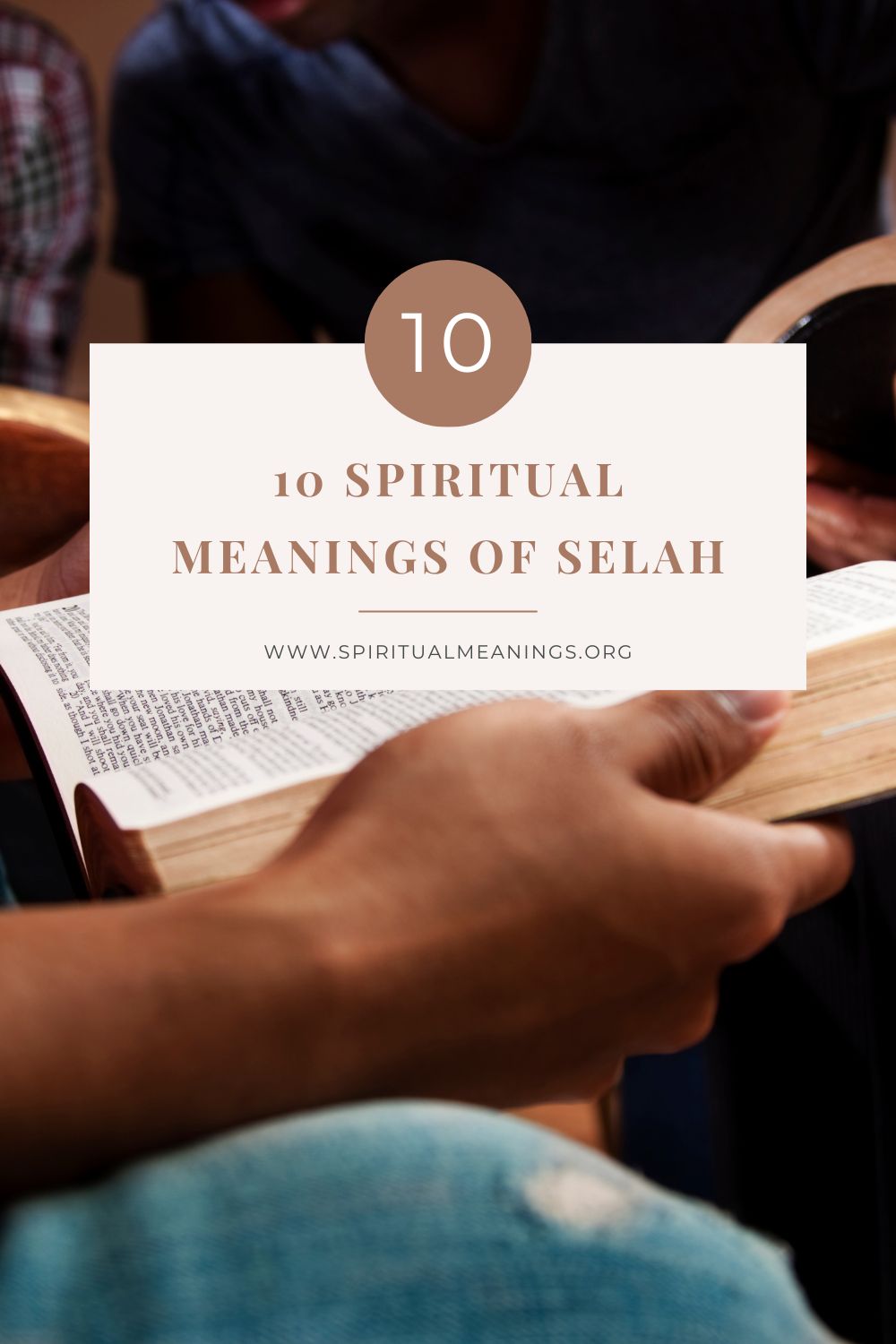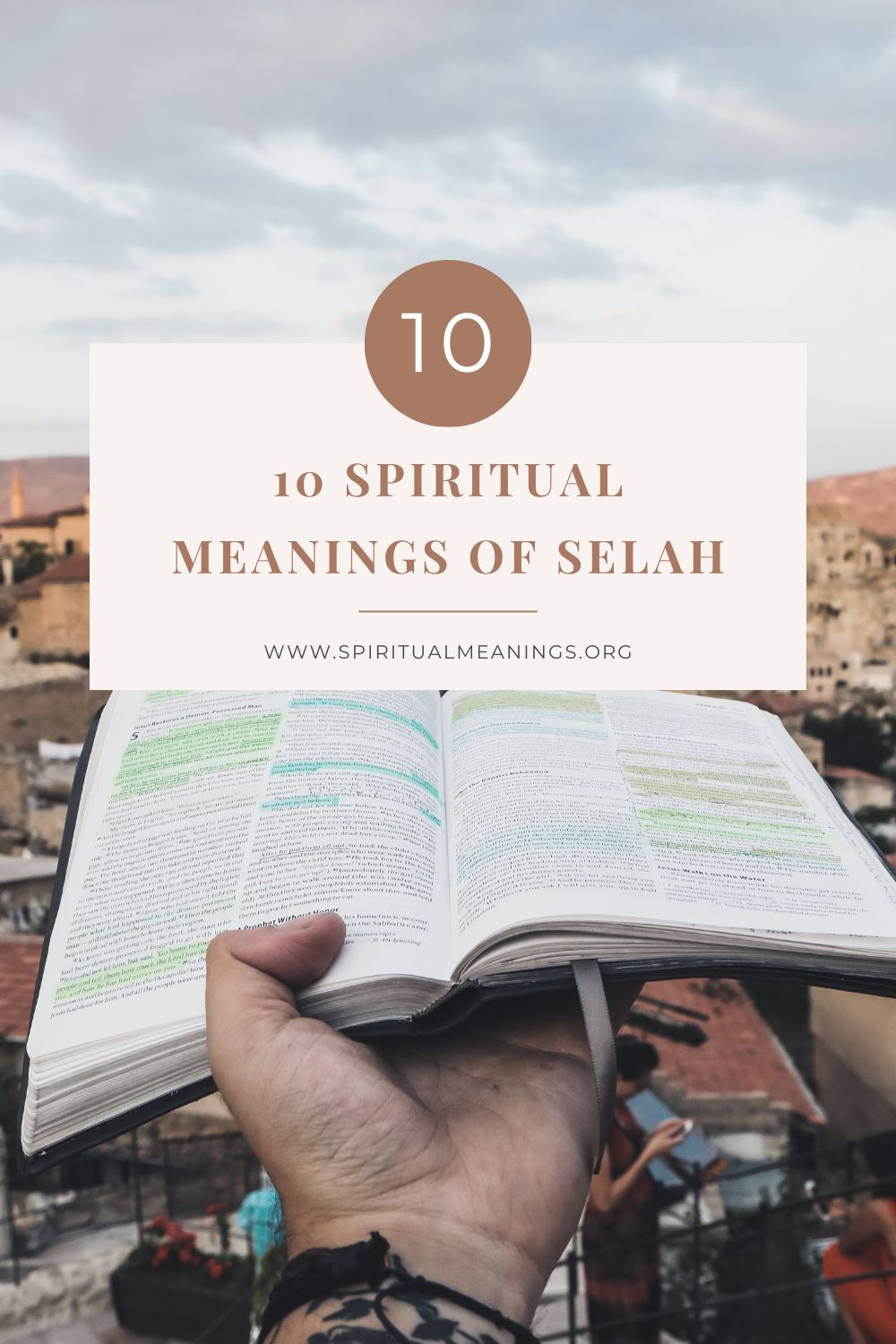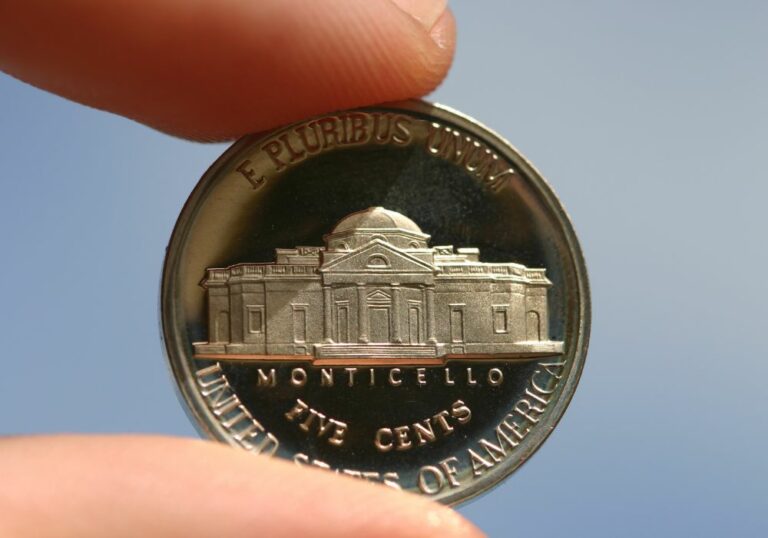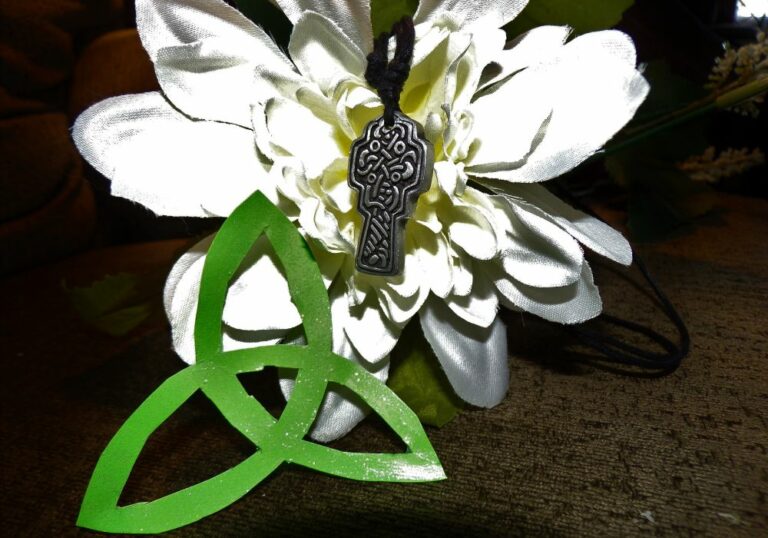As many people familiar with the Bible will be aware, a certain word appears at several points that is given directly in Hebrew rather than being translated into English – and that word is “selah”.
Most people probably believe that they understand the gist of what this word signifies, even if they aren’t sure about the precise definition.
However, this word is a little more complex than it might first seem, so to help you understand what it conveys, in this post, we look at the spiritual meaning of selah as well as some other possibilities for why it is there to allow you to make up your own mind.
What is “selah” and where does it appear?
Selah is a Hebrew word that appears in the Hebrew Bible 74 times, of which 71 instances are found in the Psalms and three in the Habakkuk.
However, the problem is that its meaning has been lost and was not fully understood even in ancient times.
As a result, the precise meaning of this word has been debated for many centuries, with various scholars putting forward a range of possibilities.
Of course, since the word is known from the Bible, much of this debate concerns its meaning in the biblical context.
However, in modern times, some people have adopted the word, giving it their own interpretation and applying it to other contexts.
So with all that said, now let’s look at some of the ways people have understood this word in the biblical context – as well as some of the other ways the word is now used.
Selah Spiritual Meanings
1. A pause for the singer
Although many people nowadays are used to reading the Psalms in the Bible and perhaps quoting verses from them, the Psalms were originally liturgical hymns of praise that were intended to be sung to music.
Many of the Psalms include annotations that are apparently intended for the “leader” or the “choirmaster”, and of the 39 Psalms that include such annotations, 31 also feature the word selah.
Partly as a result of this, it has been proposed that the word selah is actually a word related to the performance of the Psalm rather than a word with any spiritual meaning.
One suggestion that arises from this is that the word is simply included there as an instruction for the singer to pause or stop singing and so doesn’t have any deeper spiritual or religious significance.
In effect, according to people who subscribe to this theory, this means the word could simply be translated as “pause”.
Interestingly, the word diapsalma, meaning “apart from psalm”, has been used to translate selah in certain Greek renderings.
This also indicates that it is intended as an instruction rather than constituting an intrinsic part of the text of the Psalm – but the precise meaning of this Greek word is almost equally obscure as that of the Hebrew one.
2. An interlude
As an extension of the idea of selah being an instruction for the singer, it could also be taken as an instruction for the musicians.
In effect, the word could be there telling the singer to pause, and when this happens, the musicians continue to play a musical interlude.
This means the word is not only there as an instruction for the singer to pause but also as an instruction for the musicians to play without vocal accompaniment.
So in this sense, the word would better be translated as “interlude” – and while most English translations of the Bible prefer to just use the Hebrew word, a few versions translate it as “interlude” to reflect this theory.
3. Play more loudly
Another possibility is that the word selah is an instruction for the musicians to play more loudly, similar to the annotation forte or f in modern Western musical annotation.
It’s also possible that the word was an instruction to the musicians to mark that point in the music with a crash of cymbals or a flourish on the trumpets.
4. A change in the rhythm or the melody
Hippolytus, a Bishop of Rome and important 2nd- and 3rd-century theologian, believed that selah indicated a change of rhythm or melody to the musicians, which is quite similar to the idea of a musical interlude.
5. A marker between passages or paragraphs
A slightly different idea is that the word selah indicates the end of one paragraph and the start of the next one – or sometimes a quotation.
The fact that the word sometimes appears at the end of a Psalm would seem to be an argument against this hypothesis, but when you remember that the Psalms were intended to be read or sung in succession, this idea can still make sense.
6. Stop and think about what has been said
Although the interpretations we’ve looked at so far all see the word selah as being there for practical purposes, serving as some kind of instruction to the singer or musicians, other people have preferred to see the word as an intrinsic part of the text with deeper spiritual significance.
One such interpretation is that the word is an exhortation not to the singer to pause but to listeners to stop and think about what they have just heard.
Many times in our lives, we may allow important words to wash over us without truly engaging with them or considering their deeper meaning, and in this context, the word selah is there to remind you to think more deeply about the importance of the words of the Psalm.
Indeed, since the words of the Psalms are ultimately considered to be the Word of God, the word selah could be taken as an instruction from God to think more carefully about the words of the Psalm to bring listeners closer to Him.
7. Stop and think about what you have just read
Similarly, when we read, it’s easy to simply continue reading without engaging with the words on the page.
Then, after a period spent reading, we might find that we have little recollection of what we’ve just read – and this is something that can happen when we read fiction, an academic work or even the Bible.
However, the words in the Bible are important, and the word selah appears as if in recognition of this fact.
It’s as if we are being reminded at certain important points of the text to pause for a moment and reflect on the importance of what we’ve read rather than ploughing mindlessly on.
Following on from this interpretation of the word, many people have borrowed the word and used it in non-biblical contexts.
An example of this would be Hunter S. Thompson, the gonzo journalist and writer possibly most famous as the author of Fear and Loathing in Las Vegas.
He frequently used the word at the end of articles and personal letters, and the sense of its inclusion would seem to be similar – that he was inviting the reader to think more carefully about what he’d written.
Other expressions such as “just think about that for a moment” or “I’ll just leave that to sink in” are often used in a similar way.
8. Pause and return to God
For some people, the word selah has also taken on an extra spiritual or religious meaning in their daily lives, reminding them to worship God and never forget their faith.
This is an extension of the meaning above that sees selah telling people to pause and consider the words of the Psalm, either in written form or as a song.
More broadly, people take selah as a reminder that, however busy or stressed you are or whatever responsibilities you have, you still need to find the time to pause and to return to God.
This can be done in a number of different ways since worship and devotion are deeply personal – but the important point is that you do it.
This could mean attending regular church services or praying to God individually when alone.
However, in this sense, it becomes a logical extension of many of the other meanings, reminding people to think deeply about their religion and their devotion to God and to worship Him and praise Him in whichever way they see fit.
9. In the Rastafari tradition
Finally, a different but related spiritual meaning of the word exists according to Rastafari beliefs.
It is often encountered in reggae music at the end of certain spoken-word segments, and the meaning here is similar to the invitation to pause and think carefully about what has just been said.
At the same time, it also carries some of the same connotations as the word “amen”, and in some ways is used to replace this word.
The word also carries extra significance in Rastafari tradition due to its perceived similarity with the surname of Haile Selassie, the incarnated god and savior according to Rastafari beliefs.
A complicated word with several interpretations
As we’ve seen, this seemingly unassuming word that we encounter mostly in the Psalms is a little more complicated than it might first appear.
Some people believe it is nothing more than an instruction to the singer or the musicians, and placing importance on the word is just a result of a misunderstanding of its meaning.
However, for others, the word has a more deeply religious or spiritual meaning – and even if it was originally only intended as an instruction, the meaning an individual gives to the word is what’s most important, especially if it helps bring them closer to God.








